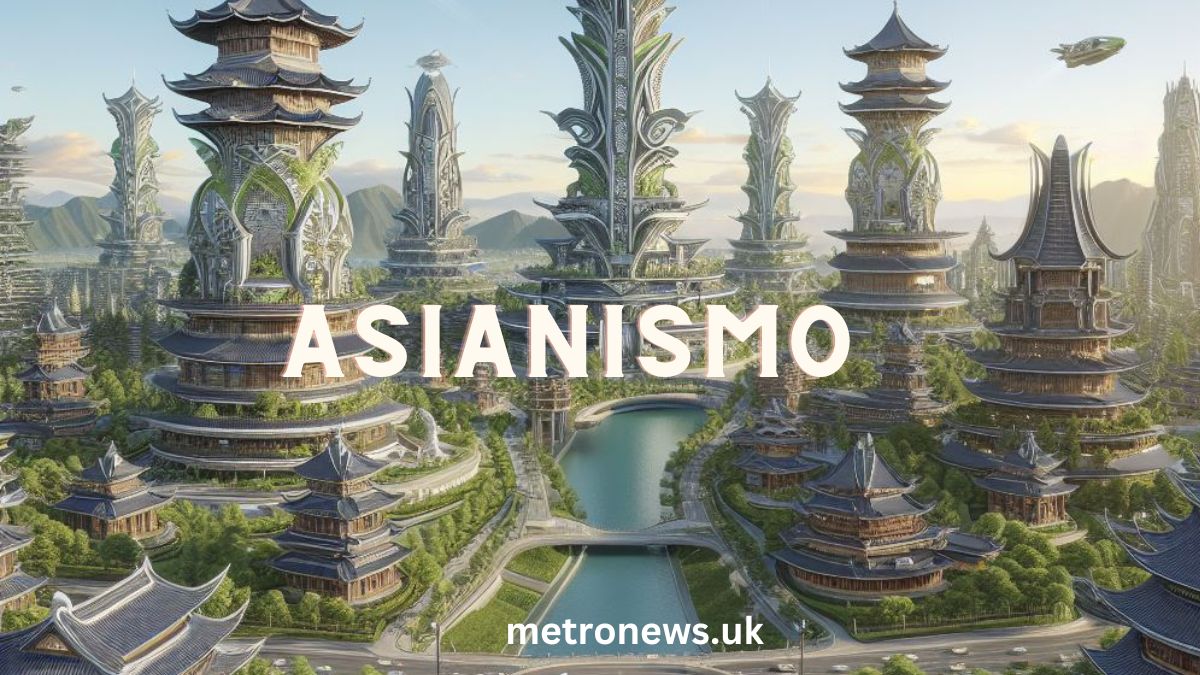Exploring Asianismo: A Journey Through Cultural Solidarity

Introduction to Asianismo
Asianismo is a cultural and linguistic movement emphasizing the common identity, values, and culture shared among Asian countries. Its main goal is to foster a sense of unity and collaboration among Asian countries, emphasizing their shared cultural heritage and mutual interests. The movement aims to strengthen regional identity and cooperation without losing the unique cultural characteristics of each country, creating a unified Asian stance on various global issues such as climate change, economic policies, and peacekeeping. Asianismo is not just a political or economic idea; it is a broader cultural and ideological movement that seeks to redefine Asia’s role on the global stage and within its borders.
Historical Background
Asianismo is a cultural movement that originated in the Philippines during the late 19th century, influenced by various socio-political factors and historical events.
Origins

Asianismo, also known as Asianism, is a cultural movement that originated in the Philippines during the late 19th century. It was influenced by various socio-political factors and historical events, particularly the era of colonization and imperialism in Asia. Intellectuals and activists began advocating for a renewed sense of Asian identity and pride in response to the suppression of indigenous cultures and the imposition of Western ideologies.
Development
Asianismo, also known as Asianism, is a cultural and linguistic movement emphasizing the common identity, values, and culture shared among Asian countries. It aims to foster a sense of unity and collaboration among Asian nations, recognizing their shared cultural heritage and mutual interests while preserving the unique cultural characteristics of each country.
Core Principles of Asianismo
The core principles of Asianismo are:
Preservation of Traditions: Asianismo emphasizes the preservation of traditional practices, such as art, music, cuisine, and language, as a way to maintain cultural continuity and identity.
Cultural Pride: Asianismo encourages individuals and communities to take pride in their Asian heritage, fostering a sense of identity and belonging.
Artistic Expression: Asianismo is closely associated with the arts, promoting creativity and self-expression through various creative mediums that draw inspiration from Asian themes, motifs, and techniques.
Unity and Solidarity: Asianismo fosters a sense of unity and solidarity among Asian communities, advocating for collaboration and mutual support to strengthen the collective voice of the Asian diaspora.
Decolonization: In response to the historical effects of colonialism, Asianismo seeks to decolonize Asian minds by challenging Eurocentric perspectives and emphasizing the need to develop alternative worldviews.
These principles are designed to celebrate and preserve Asian heritage, traditions, and cultural diversity while fostering unity and solidarity among Asian communities. By embracing these principles, Asianismo aims to combat stereotypes, promote a sense of belonging and pride, and contribute to a more inclusive and harmonious global society.
Key Figures and Influences
Asianismo personalities and influences in its development are intellectuals from various Asian countries who advocated unity among Asian nations to promote mutual growth and interdependence against colonialism. These figures recognized the common Iftar and Bursa among the Asian countries, which served as a basis for unity. They emphasized the importance of preserving traditional practices and promoting cultural ijtihad among Asian countries, while also advocating economic cooperation and political solidarity. Played a role in fostering the Asian spirit among the people, contributing to the regional relations of crops, and promoting cooperation and public understanding among the indigenous peoples of Asia.
Asianismo in Modern Context
In the contemporary era, Asianismo continues to exert influence in various spheres of society, including politics, culture, and economics. Political movements and alliances seek to strengthen cooperation among Asian nations, addressing common challenges such as economic development, environmental conservation, and regional security.
Cultural exchange programs and initiatives promote cross-cultural understanding and appreciation, fostering a sense of solidarity and shared identity among Asian peoples. Despite its enduring relevance, Asianismo faces criticism and controversy, with some questioning its emphasis on unity at the expense of individual autonomy and diversity.
Criticisms and Controversies
Accusations of Exclusivity
Critics argue that Asianismo can be exclusionary, privileging certain ethnic or national identities over others. They caution against the dangers of essentialism and ethnocentrism, warning against the imposition of a monolithic Asian identity that overlooks the complexities and diversity within the region.
Challenges to Unity

Maintaining unity among diverse Asian nations poses significant challenges, given historical tensions, geopolitical rivalries, and ideological differences. Disputes over territory, resources, and historical grievances can strain relations and undermine efforts at cooperation and collaboration.
Impact on Society
Asianismo has left a lasting impact on society, shaping perceptions, values, and attitudes across the region. In the realms of art and literature, artists and writers draw inspiration from Asian themes and motifs, reflecting a growing sense of cultural pride and identity.
In education, efforts are underway to integrate Asian perspectives and histories into curricula, providing students with a more nuanced understanding of their shared heritage and collective struggles. By promoting cultural exchange and mutual respect, Asianismo contributes to the building of bridges and the forging of connections among diverse peoples.
Conclusion to Asianismo
In conclusion, Asianismo is a cultural and linguistic movement that celebrates the shared identity, values, and culture among Asian countries while preserving their unique cultural characteristics. Originating in the Philippines in the late 19th century, Asianismo has evolved to promote unity, solidarity, and collaboration among Asian nations. Its core principles of preserving traditions, fostering cultural pride, promoting artistic expression, advocating for unity and solidarity, and challenging Eurocentric perspectives have shaped its development.